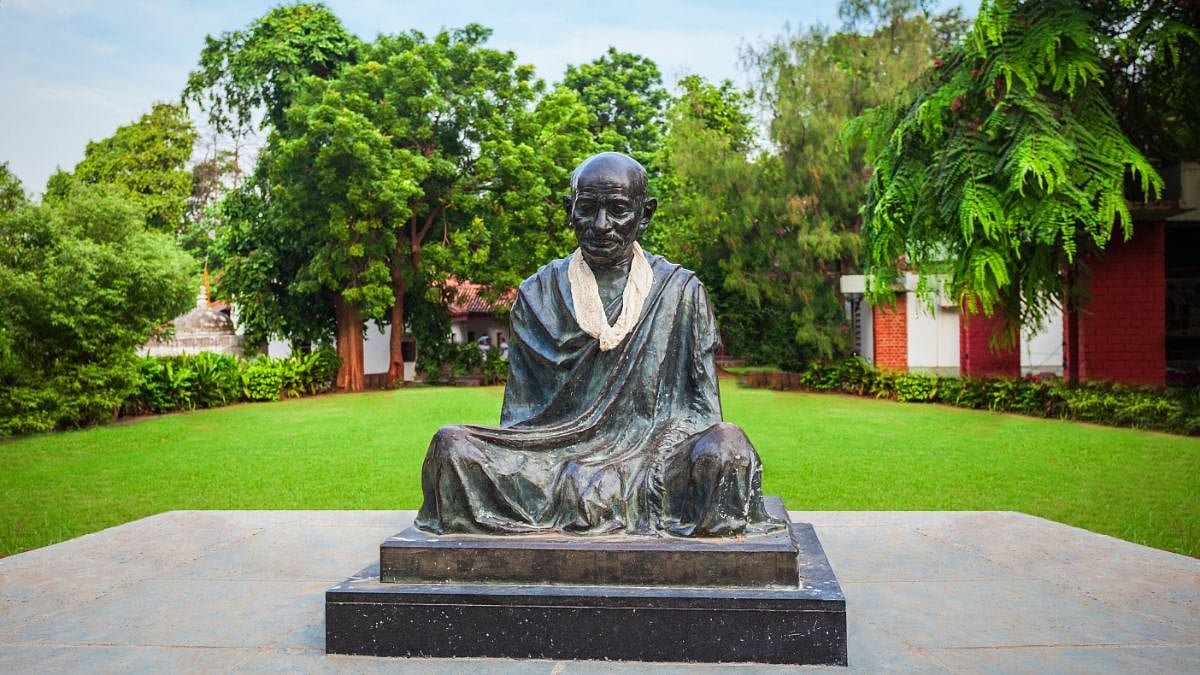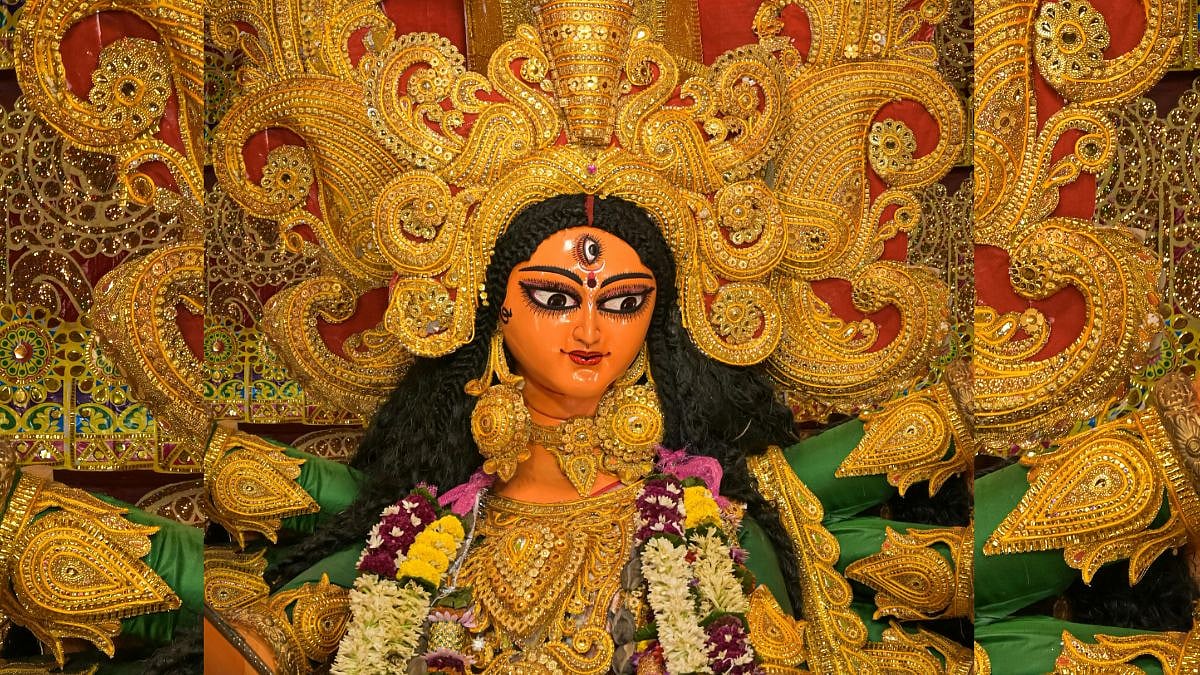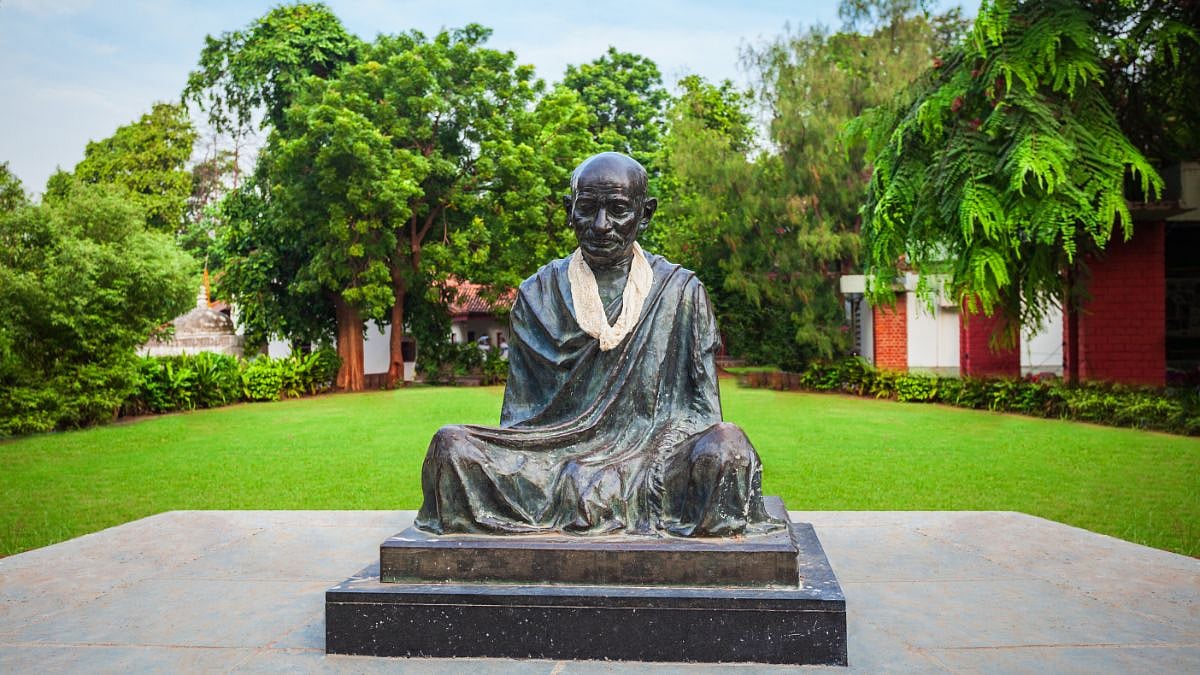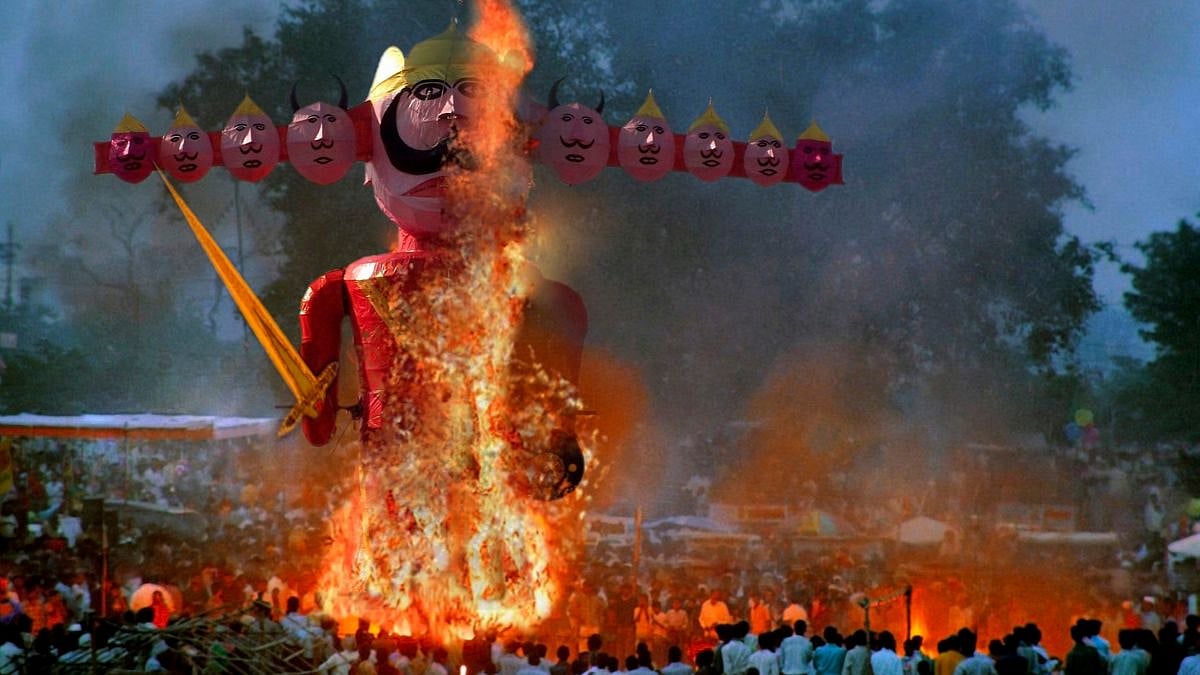Gandhi Jayanti, observed annually on October 2, commemorates the birth anniversary of Mahatma Gandhi and marks the International Day of Non-Violence on the same day. This year, India will observe the 156th birth anniversary of Mahatma Gandhi, who is also called the Father of the Nation. Gandhi ji was a leader who reshaped India's freedom struggle with his philosophy of truth, non-violence, and simplicity.
About Gandhi Jayanti
Mahatma Gandhi, also known as Mohandas Karamchand Gandhi, was born on October 2, 1869, in Porbandar, Gujarat. He played a noteworthy role in the country's independence struggle. His principles of non-violence had a profound impact, and they contributed significantly to the fight against British colonial rule.
During the British Raj, Mahatma Gandhi ran numerous campaigns against the British. The movements include Kheda Satyagraha, Champaran Satyagraha, Salt Satyagraha, Quit India Movement, and Non-Cooperation Movement.
Early age
Mahatma Gandhi was born in Porbandar, Gujarat, in 1869. Gandhi's principles of ahimsa (non-violence) and satyagraha (truth and civil disobedience) became the moral foundation of India's independence movement. His leadership inspired millions to fight against British colonial rule without resorting to violence, making him a symbol of peace and resilience worldwide.
Gandhi Jayanti is not only a national holiday in India but also recognised globally. The United Nations observes this day as the International Day of Non-Violence, spreading his timeless message beyond borders.
Gandhi Ji's contributions
Across India, people remember him through prayer services, cultural programs, cleanliness drives, and tributes at Raj Ghat in New Delhi, where Gandhi's memorial stands. Schools and institutions organise debates, essay competitions, and skits that highlight his teachings.
One of Gandhi's greatest contributions was his belief in self-reliance—promoting khadi and the spinning wheel as symbols of economic independence. His campaigns, like the Salt March of 1930 and the Quit India Movement of 1942, remain landmarks in India's history, showcasing the power of unity and peaceful protest.
Legacy
Even today, Gandhi's ideals are relevant. In times of conflict and inequality, his message of compassion, truth, and justice serves as a guiding light. Gandhi Jayanti reminds us not only of his role in India's freedom but also of the values that can create a fairer, more peaceful society.
As India pays tribute in 2025, Gandhi's life continues to inspire generations, proving that simplicity, courage, and truth can change the world.











